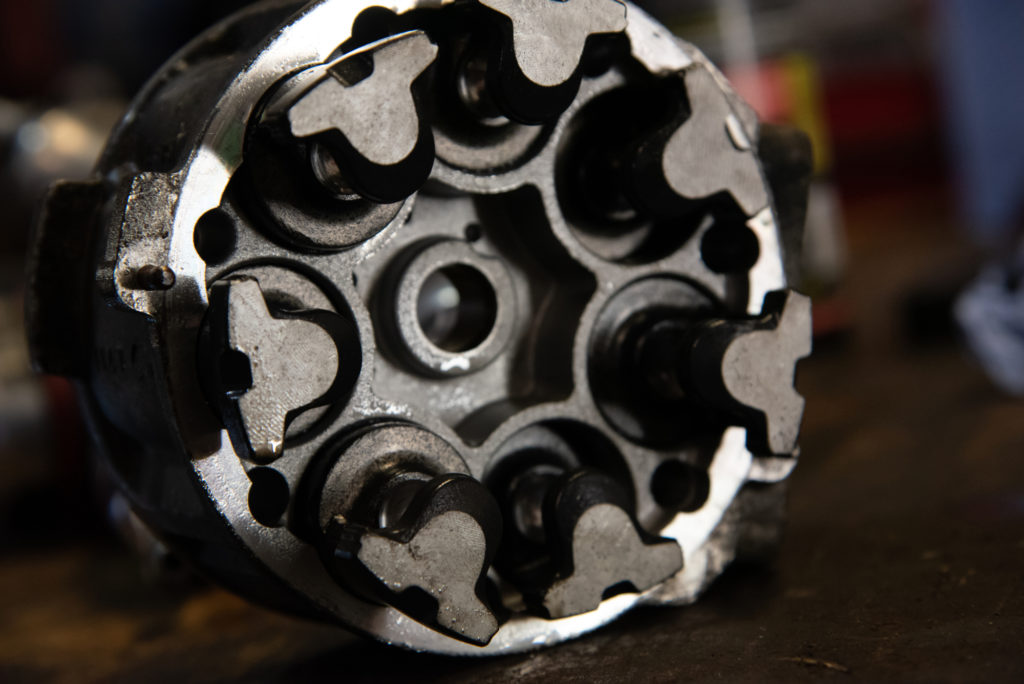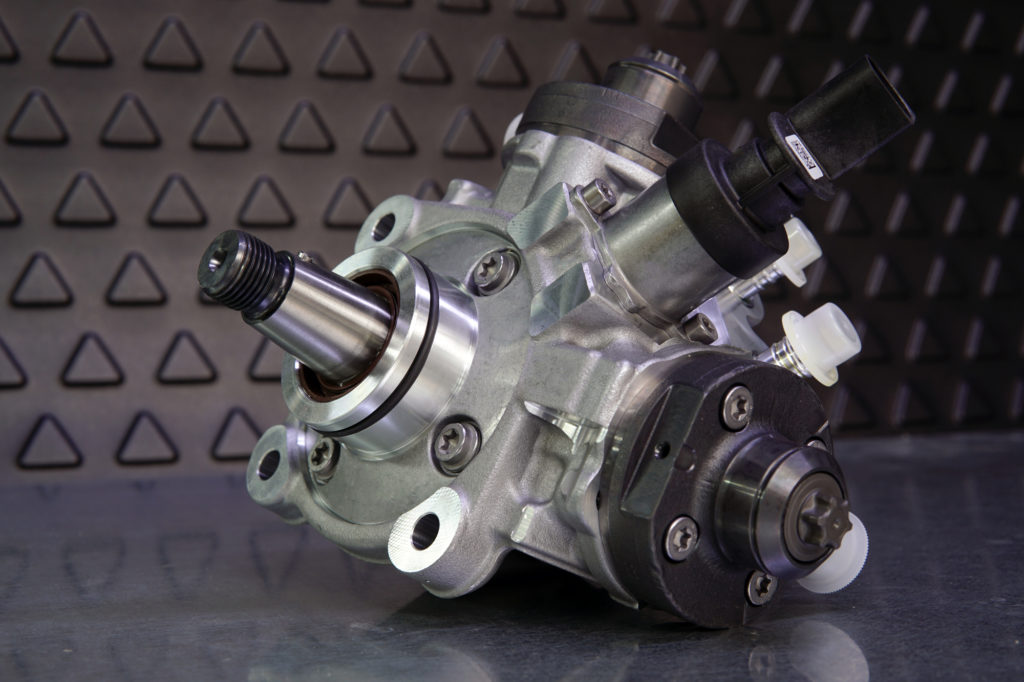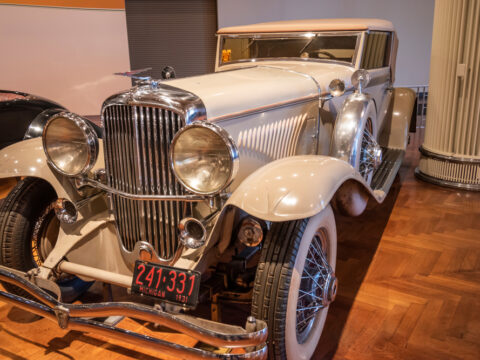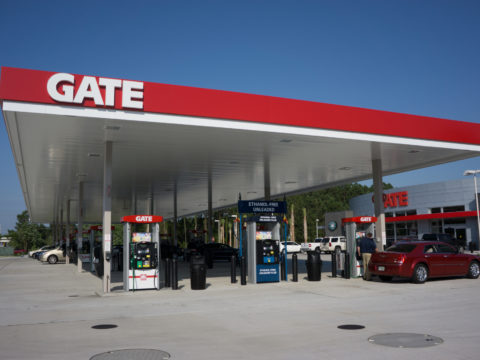A fuel pump sends fuel from the gas tank to the engine; it’s an invaluable component in ensuring your vehicle has enough fuel to keep running smoothly. On average, a fuel pump ought to last for at least 100,000 miles, although this can vary, so it is important to know when to replace one.

Contents
What does a fuel pump do?
Simply put: fuel pumps move fuel from the gas tank through the fuel system to the engine so the car can go. A failing fuel pump will lead to decreased fuel efficiency and a whole host of other problems.
Types of fuel pumps
There are two main types of fuel pumps:
Mechanical fuel pumps are likely the most convenient option. They are the easiest to install, and they run with a quiet efficiency. A great option for the everyday driver but not ideal for anyone running a vehicle with higher horsepower.
Electric pumps are a little stronger and offer a wider variety of fuel pressure outputs than their mechanical counterparts. They might cost a little more but if you want to run the extra HP without an overheating engine, going electric is an absolute must.
How different fuel pumps work.
How long does a new fuel pump last?
A new fuel pump should last for at least 100,000 miles, but the level of application, terrain, and type of pump all contribute to the lifespan. Keep an eye on the fuel pressure gauge: your pump will last longer if you refrain from driving with less than a quarter tank of gas since the weight of a fuller fuel tank reduces the strain on the fuel lines and pump.
What is the average life of a fuel pump?
A fuel pump should easily get you past the 100,000 miles line. Some lucky folk have reported their fuel pumps lasting double that into the 200,000s.
How long does a diesel fuel pump last?
A diesel fuel injection pump should last at least 100,000 miles or more. Diesel fuel pumps are known for their durability since they are designed to manage the thicker, heavier consistency of diesel fuel.
How long does a petrol fuel pump last?
Similarly, a petrol fuel pump should also last at least 100,000 miles. However, as petrol is more volatile than diesel, a bad fuel pump in a petrol car might remain functional enough to keep the car going for a while longer than a bad diesel pump.
How long does a mechanical fuel pump last?
A good mechanical fuel pump should last you anywhere between 100,000 – 200,000 miles. You can help maintain your fuel system and pump by buying good quality gas from a reputable gas station and not regularly forcing your car to run on a low gas tank.
How long does an electric fuel pump last in years?
An electric pump is more susceptible to damage from rust or debris in the gas tank or fuel line. You can prolong the life of your pump, especially an electric pump, by having the filter replaced regularly.
The lifespan of a fuel pump is considered more measurable in gas mileage than in years.

Can a fuel pump fail suddenly?
Yes. Fuel pumps can be unpredictable and fail suddenly.
There will often be exactly no warning but listed below are a few things you can keep an eye out for.
How does a car act when the fuel pump is going out?
There are a number of signs of a faulty fuel pump which might give you the heads up that a visit to the mechanic is in your near future.
First of all, the noise. One of the most likely symptoms of a bad fuel pump is the loud, whining noise when you flick the ignition, possibly followed by the sound of a sputtering engine as the bad fuel pump fails to draw enough from the fuel tank.
Another indicator that you might need a fuel pump replacement is when your vehicle struggles to climb hills or carry heavier loads. A bad fuel pump will cause low fuel pressure, leading your vehicle to struggle against this increased effort.
An easy one to spot is decreased fuel efficiency. After a while, you get used to your car’s fuel system, and if you suddenly find that your fuel is not lasting as long as it used to, it might be because the pump is failing and no longer regulating fuel level or consumption.
Oh, and keep an eye on the check engine light. It might notgive you the heads up – but hopefully, your car will detect that the engine is having a tough time and activate this little light.
Common problems after changing fuel pump
- Trouble starting or running the car.
- Inconsistent fuel gauge readings.
- Yet another annoying, whirring noise.
- Lost power steering.
To avoid these problems and similar, double and triple-check that your new fuel pump is compatible with your vehicle and try to avoid driving with less than a quarter tank of gas.
Most often, any further problem will be due to incorrect installation. The best thing to do is take it to a mechanic and get it sorted straight away.
How to prevent fuel pump failure
You might not be able to prevent fuel pump failure but you can help your pump out by doing a couple of simple things, like refilling your car from reputable gas stations and making it a priority to regularly replace your fuel filter.
If you do notice any of the symptoms listed above, go ahead and visit a trusted mechanic for a fuel pump inspection. If they can fix it, great, and if not, well, having the pump replaced in a garage – in advance – is better than it giving up on the side of the road, right?














